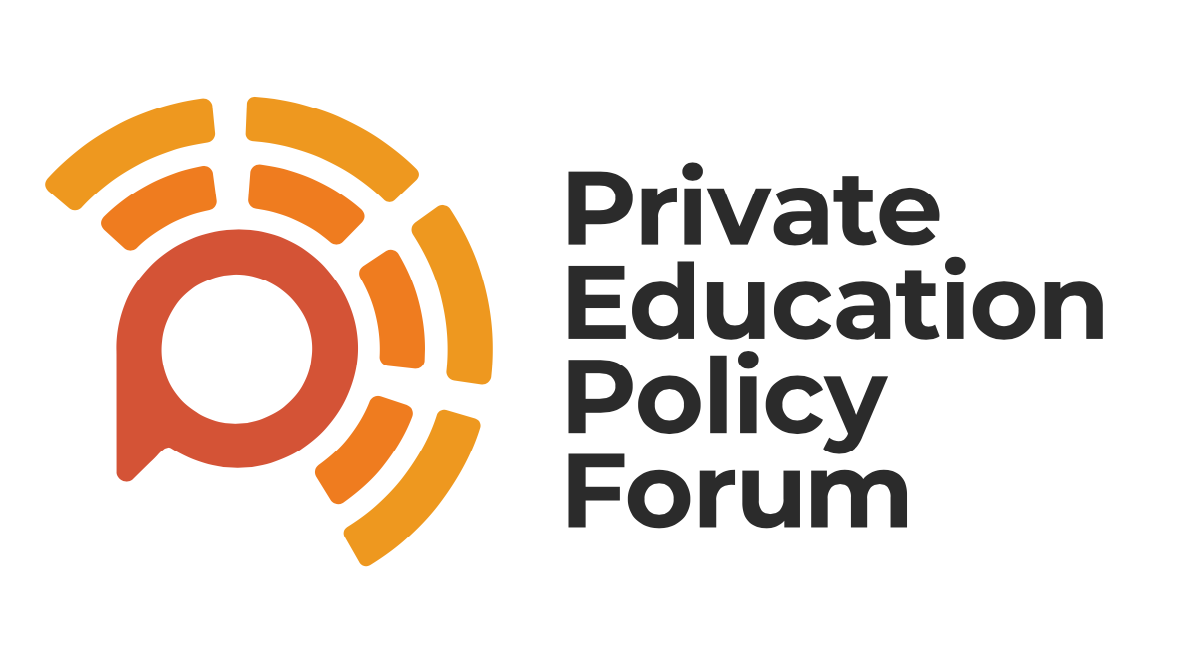
Title:
British Elite Private Schools And Their Overseas Branches: Unexpected Actors In The Global Education Industry.
Authors:
Tristan Bunnell, Aline Courtois & Michael Donnelly. British Journal of Educational Studies (2020). 68:6, 691-712.
What’s it about?
This paper describes the rapid overseas growth of satellites of Britain’s elite private schools, and considers the reasons for this expansion. Recent figures show the number of these satellites rising from 37 in 2014 to 73 by 2019.
Methodology:
The study uses data collated from the trade press, school websites, industry reports and other publicly available data sources to assemble the facts about which schools have been developing overseas branches, and to place them in the context of the growing global education industry.
Key Findings:
- There have been three waves of overseas expansion of mainly elite English private schools: Starting from almost none, there was slow growth from 1997 till 2006. A second wave of faster expansion began in 2006, followed by an even faster rate of expansion between 2014 and 2019. The paper’s data stops short before the global pandemic of 2020, but expansion is expected to continue.
- These overseas branches have been predominantly in Thailand, China and elsewhere in East Asia
- Britain’s elite schools are thus being drawn in by the rapid growth of the global education industry (at secondary and higher education levels) which is driven by profit.
- But there is an unresolved tension between the exported image of ‘English-style’ eliteness (attractive to the elites of the countries where satellite schools are set up) and the commercial incentives for standardisation.
- It is possible that lower-tier private schools will begin also to venture overseas
We do not know yet how the profits returned to England are used (how much to keep fees down, how much for bursaries or what?); how the expansion affects the demand for British higher education; why some elite schools have participated, while others have so far decided not to; how the repatriation of profits is viewed in host countries; how the expansion has been affected by the pandemic and a slowdown in globalisation generally. Nevertheless, this paper maps out an under-researched area, which may grow to become an important factor underpinning the future of private schools’ continued role in England’s education system.
Limitations:
The research did not speak directly to sector agents, managers or head teachers in the schools involved. Field work in host countries and in Britain would, alongside quantitative data, help to address this research agenda more fully in future.
Explained by Professor Francis Green



